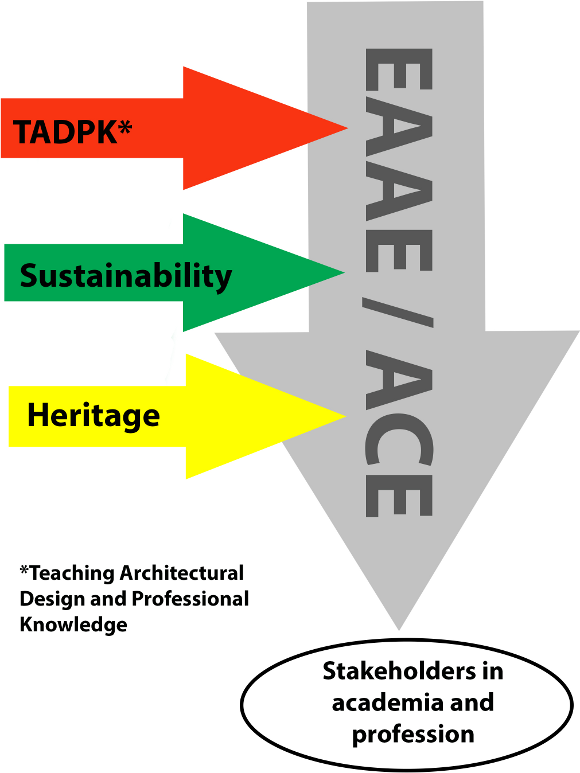2015 Wicked program Delft 12-2.pdf
anunt Erasmus.pdf
Contact: prof.dr.arh. Ana-Maria DABIJA, tel 0213077262, am.dabija@uauim.ro
anunt Erasmus.pdf
Contact: prof.dr.arh. Ana-Maria DABIJA, tel 0213077262, am.dabija@uauim.ro
UAUIM and nine other partners led by Oslo School of Architecture and Design (AHO) have received over 284000 Euros for an Erasmus+ strategic partnership project.
Project period: 1st of September 2014 to 31st of August 2017
Erasmus+ funding: 285.000,00 Euro
The project’s point of departure is the acknowledgement that architecture as an education, a discipline and a profession has to redefine and release its potential for problem-solving and innovation within a new economic and societal context. This new normal implies that the knowledge basis, teaching methods and role models transferred in architectural education have to be adapted to a new reality. There is a strong demand for diversification both in architectural education and in practice.
Generally the project raises the question of how to teach architecture in Europe today, and especially how curriculum and teaching should be adapted to the new societal and professional situation. The project aims at strengthening the architectural graduates’ ability to face this new normal and thus improve their social impact and employability.
The project partners are:
The project identifies three subtopics, or wicked problems, that will undergo investigation: (1) Teaching Architectural Design and Professional Knowledge (TADPK), (2) Sustainability and (3) Heritage. Three separate think tanks are set up to deal with each wicked problem.
